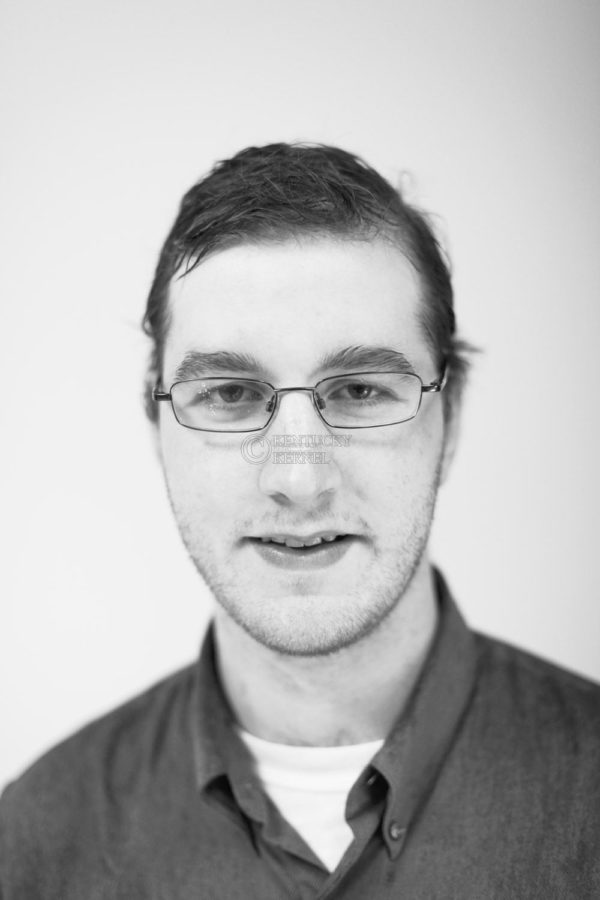Renowned author was one of a kind
February 3, 2010
If you will forgive me a sentimental indulgence, I would like to take a moment to talk about the passing of J. D. Salinger.
Salinger, best known as the author of “Catcher in the Rye,” died last week of natural causes at the age of 91.
I can’t help but feel that the world is a little less special without the presence of the long-silent author. Men of brilliance and mystery are a dying breed.
When I first skimmed “Catcher in the Rye,” I did so in high school English class and I hated it just as much as any other book I skimmed to finish an assignment.
When I first sat down and seriously read “Catcher,” it was one of those moments that opened my eyes to the multitude of ways that exist of looking at the world and conducting a narrative.
For publishers, Salinger was at best obtuse to work with. His Howard Roark-esque, my-way-or-not-at-all attitude toward his work stood in the way of him becoming a prolific author.
For readers, he was beyond comparison. Generations read his work and found a hero in Holden Caulfield, the narrator of “Catcher in the Rye.” More importantly, readers found in Holden someone with whom to identify.
Salinger was eventually featured on the cover of “Time” magazine, but he disliked the fame it brought him. He took great efforts to build a quiet life away from the public where he could write, not because the public told him to, but because he loved to.
With celebrities going to rehab for sex addictions and people staging their children as trapped in flying saucers to get on television, the idea of someone choosing to dissolve into obscurity to live out the rest of their days alone with their passion is refreshing.
As I matured, I realized the line between people doing their best and the phonies Holden saw around him was at times nonexistent. I became one of those phonies, which I guess is just part of growing up. As I did, some of my admiration for Holden was passed onto his creator.
I discovered that Salinger was both a brilliant and deeply troubled man. There are questions that will never be answered regarding the extent his self-professed troubled adolescence, his reputation as an anti-Semite and his time in the Second World War (he fought at D-Day and the Battle of the Bulge) which left him scarred.
Even after Salinger’s death, the details of his personal life remain obscured. His sanity has been questioned over the years, at times with good reason.
Although some of what is known about Salinger could generously be called cautionary tales or eccentricities, we tend to forgive him purely out of appreciation for his work and the themes he was able to personify.
The more I watched the world change and lost my innocence, the more I admired an author who said what he wanted and exited the stage, leaving fame and fortune behind and remaining true to himself the entire time.
Mature hero worship is the art of finding not an individual, but a characteristic within him or her that can act as a guiding light.
When you compare Salinger’s life to our cultural tendency to display our every action publicly (for profit if at all possible), his legacy can be called anything but phony.
While Salinger wasn’t perfect, I believe there is much to be gained from his memory now and in the future.




















































































































































